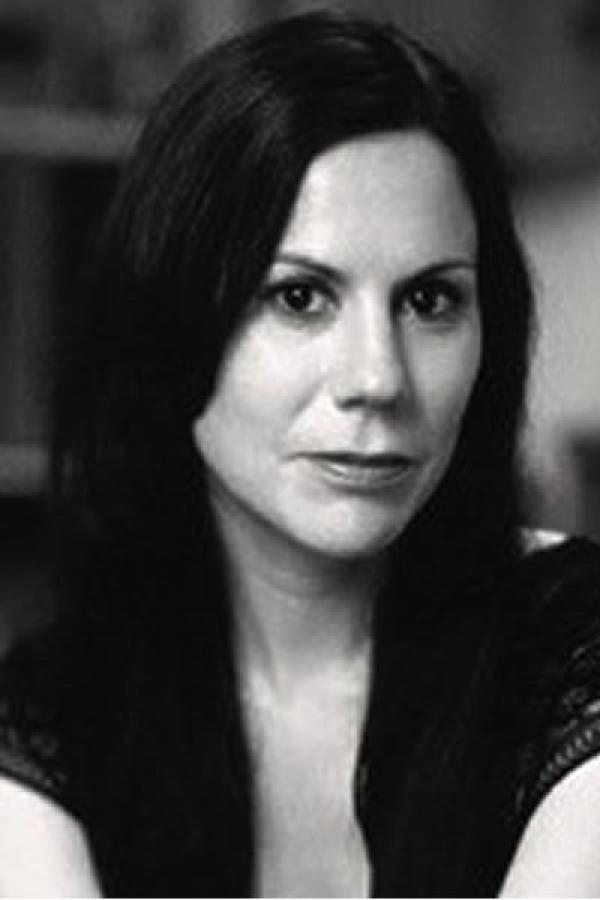Jennifer Elise Foerster

Photo by Richard Bluecloud Castaneda
Bio
Jennifer Elise Foerster is an alumna of the Institute of American Indian Arts and received her MFA from the Vermont College of the Fine Arts. She received a Lannan Foundation Writing Residency Fellowship in 2014, and was a Wallace Stegner Fellow in Poetry at Stanford University from 2008-2010. A Muscogee (Creek) Nation citizen, Jennifer has lived in Santa Fe and San Francisco where she worked as a grant writer and non-profit development consultant. She is now completing her PhD at the University of Denver. Her first book of poems, Leaving Tulsa, was published by the University of Arizona Press in 2013, and was a Shortlist Finalist for the 2014 PEN Open Book Award. Her poems have recently appeared in The Brooklyn Rail, Eleven Eleven, and Colorado Review.
Author's Statement
I am grateful to the NEA Fellowship in Creative Writing for supporting my development of a body of poems that engages Mvskoke language, cosmology, and historical texts.
As a U.S. and Mvskoke citizen, and as a woman, I have different systems of inherited symbols that work their way into my dreams and designs, fears and conventions. I think I am a poet in many ways because I seek to both know and un-know these symbols; I seek, too, to reclaim the systems, symbols, and paths of knowledge that have been fogged over by our country’s contemporary history and narrative. We exist not only in this contemporary history, but in the future and pre-history, simultaneously. We contain times and codes we have forgotten, or that have been stolen, concealed, buried, discounted, and desecrated within our society’s mass consciousness.
Our cultural, mythic, and linguistic landscape has always been diverse and layered, and while dominant thought works ruthlessly to abridge, distort, commodify, shame, or silence these diversities, I believe in walking in the mystery of this landscape, in choosing to see in invisibility. Weaving Mvskoke language and cultural, geo-political, and ecological history into my poetics is part of this practice.
I believe it is now more imperative than ever that we reassert poetry as a vital way of living and knowing—and that we not only just re-assert the complex stories of this nation, but insist upon their power, truth, recovery, and resilience. I am honored and humbled to be among the many courageous poets awarded this Fellowship in 2017, and intend to work hard towards this imperative.
"Touring the Earth Gallery"
Chicks – dead in a once teeming reef
and a mother bird
scouring the ghostly coral.
We dozed, broke our machines.
Extreme heat and intensifying rain
will bring the island states’ collapse,
the fast decline of seagrass.
Our time period is one of
glacial isostatic adjustment.
In the third chamber, dust
daily rearranged into pastoral scenes:
beach strewn with radioactive crustaceans –
“The Woman at Repose
with the Sea Behind Her.”
Note that it is not the woman’s
figure that is kinetic
but the structures above her:
fugitive lightning –
skeleton of a Dodo bird.
There, where a poet scrapes
her tail across the tundra –
see the sand blowing over her
camelid hair tunic?
She dips her quill into a pigment jar,
scrawls her forecast across the clouds:
neon-blue antlers
cellular squid.
Is it enough that we exist?
The passerine, mute, remembers flight.
Smacked into glass that resembled the sky
it lies on its side in the dirt
yellow-feathered, wind-stuffed.
(first appeared in past simple, issue eleven)

